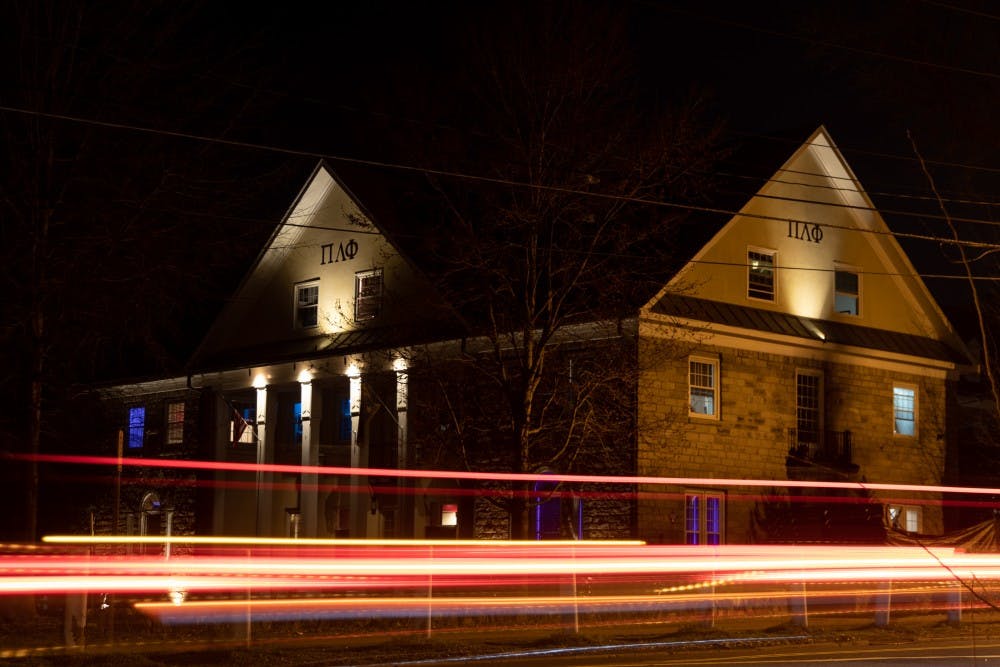The Editorial Board has outlined the many problems plaguing Greek organizations at UNC and across the nation: classism, racism and sexual assault are among the most severe of these issues.
At the same time, fraternities and sororities have been around since universities themselves were founded. It seems impossible to uproot the complex systems that make up UNC’s Greek system.
When we seek to reform Greek life, we must look at the good, the bad and the ugly. Reconciling the social benefits with the undeniable harm is necessary to bring change to the Greek system.
To start, the roots of Greek life are difficult to untangle from our universities. Fraternities were originally created as secret societies that were disapproved of by university administrations. Over time, this relationship became more symbiotic. Colleges rely on Greek alumni for donations, which gives the administration little incentive to reign in fraternities and sororities, whose powers go largely unchecked.
Greek life also saves colleges money. One in eight American students at four-year institutions lives in Greek housing, an alternative to on-campus dorms. Greek houses across the country are estimated to be worth $3 billion — a housing expense that could have fallen on the shoulders of universities.
Additionally, fraternities and sororities are often situated as centers of social engagement on campus. Universities may boast to incoming students about the tremendous opportunities within the Greek system. Thus, Greek culture becomes campus culture, boosting the University’s legacy and reputation.
The decentralized structure of fraternity and sorority governance also makes it difficult for members to be held accountable. The University has little jurisdiction over the constitutions or bylaws that dictate member behavior. Furthermore, because many Greek houses are privately owned, campus police have limited access to what happens behind closed doors.
There are also significant social costs to pushing Greek life off college campuses. In many ways, fraternities and sororities are no different than other clubs on campus — they provide networking and leadership opportunities for members and take on philanthropic causes to support.
Condemning the Greek life system without examining the ways in which sororities can serve as safe spaces for their members of marginalized groups (such as LGBTQ, members of religious minorities or members of racial and ethnic minorities) can be problematic. Despite being primarily white and straight organizations, members of marginalized communities involved in Greek life may find solace and safety with others in their Greek organization who share their same identity. Multiple Greek organizations affiliated with the National Pan-Hellenic Council and Multicultural Greek Council have roots in serving marginalized members.




